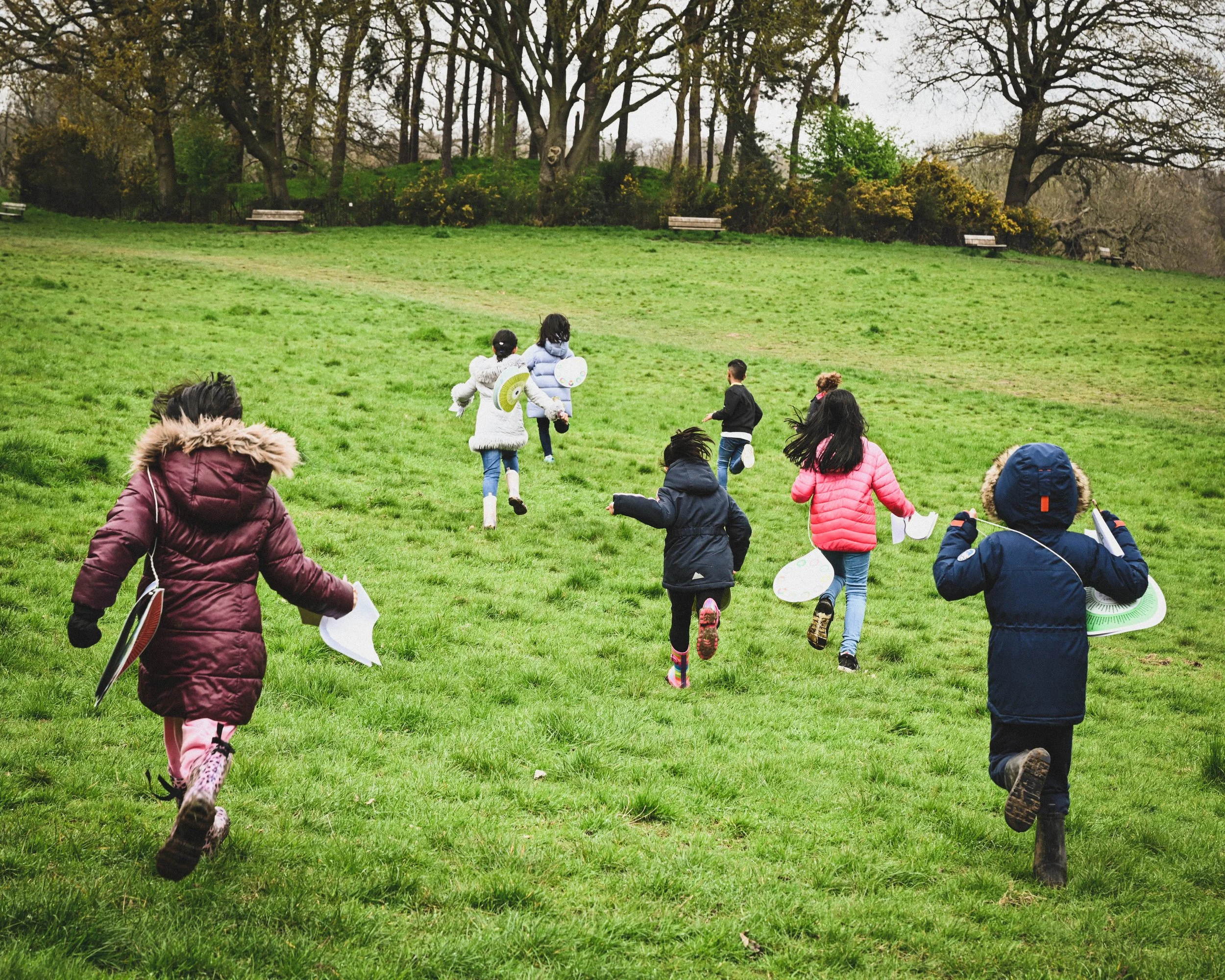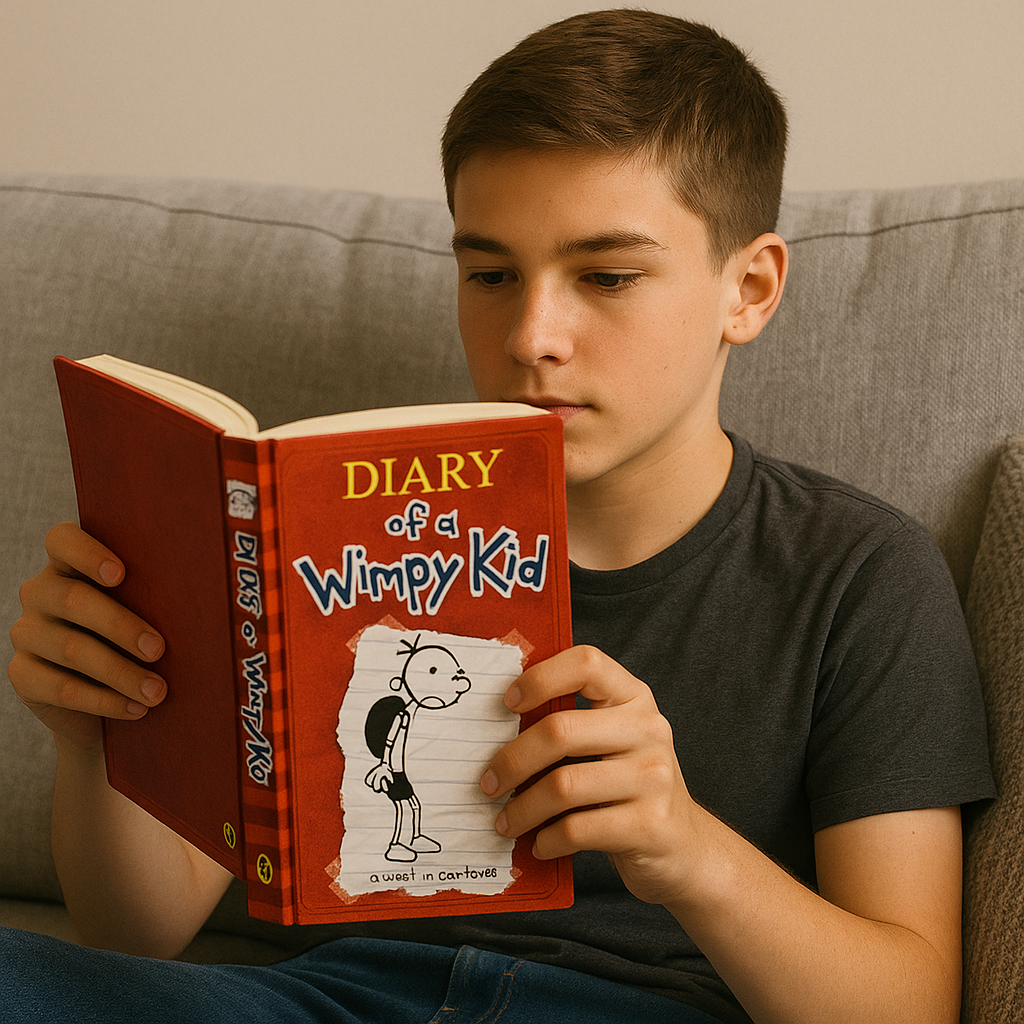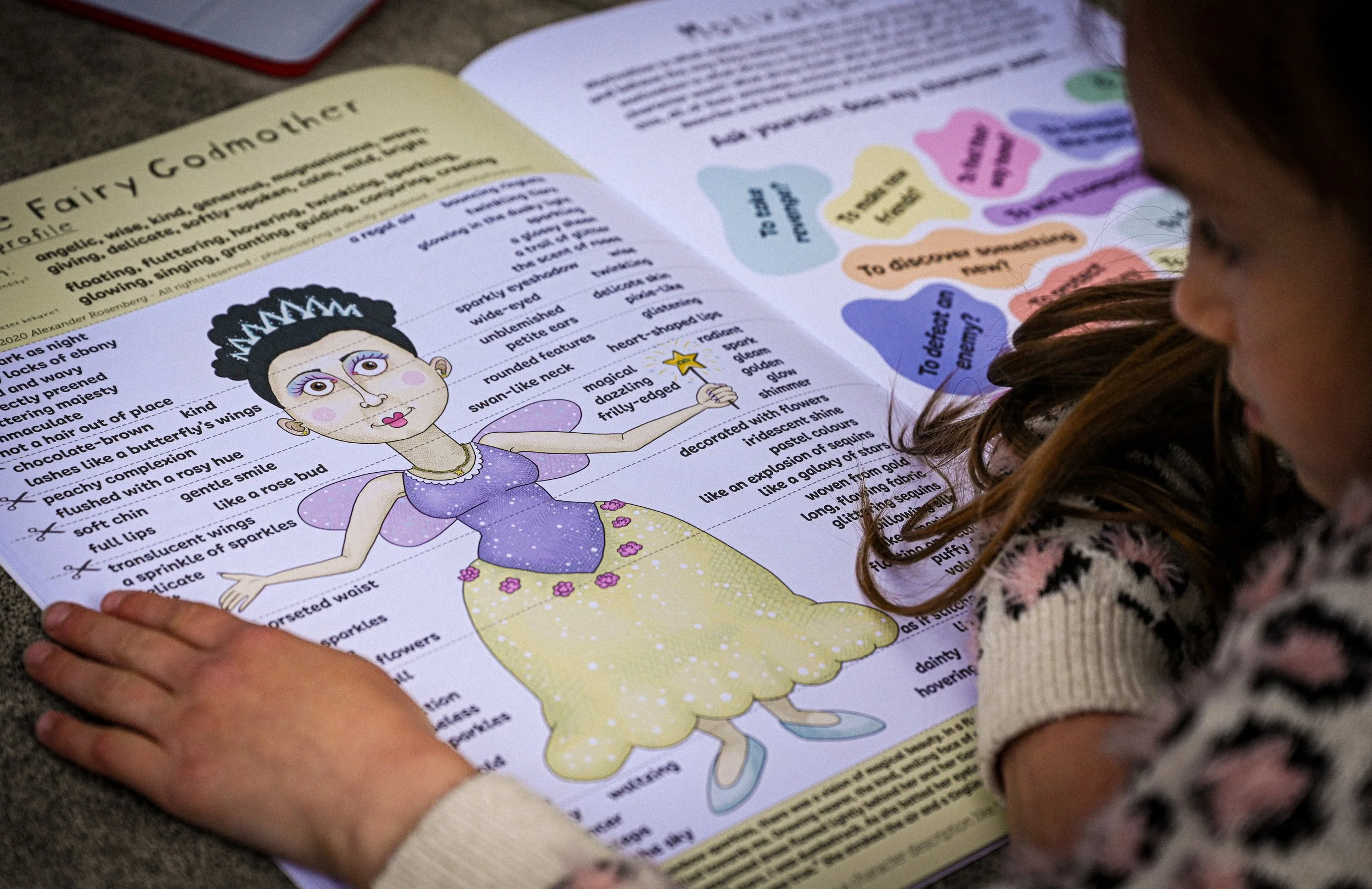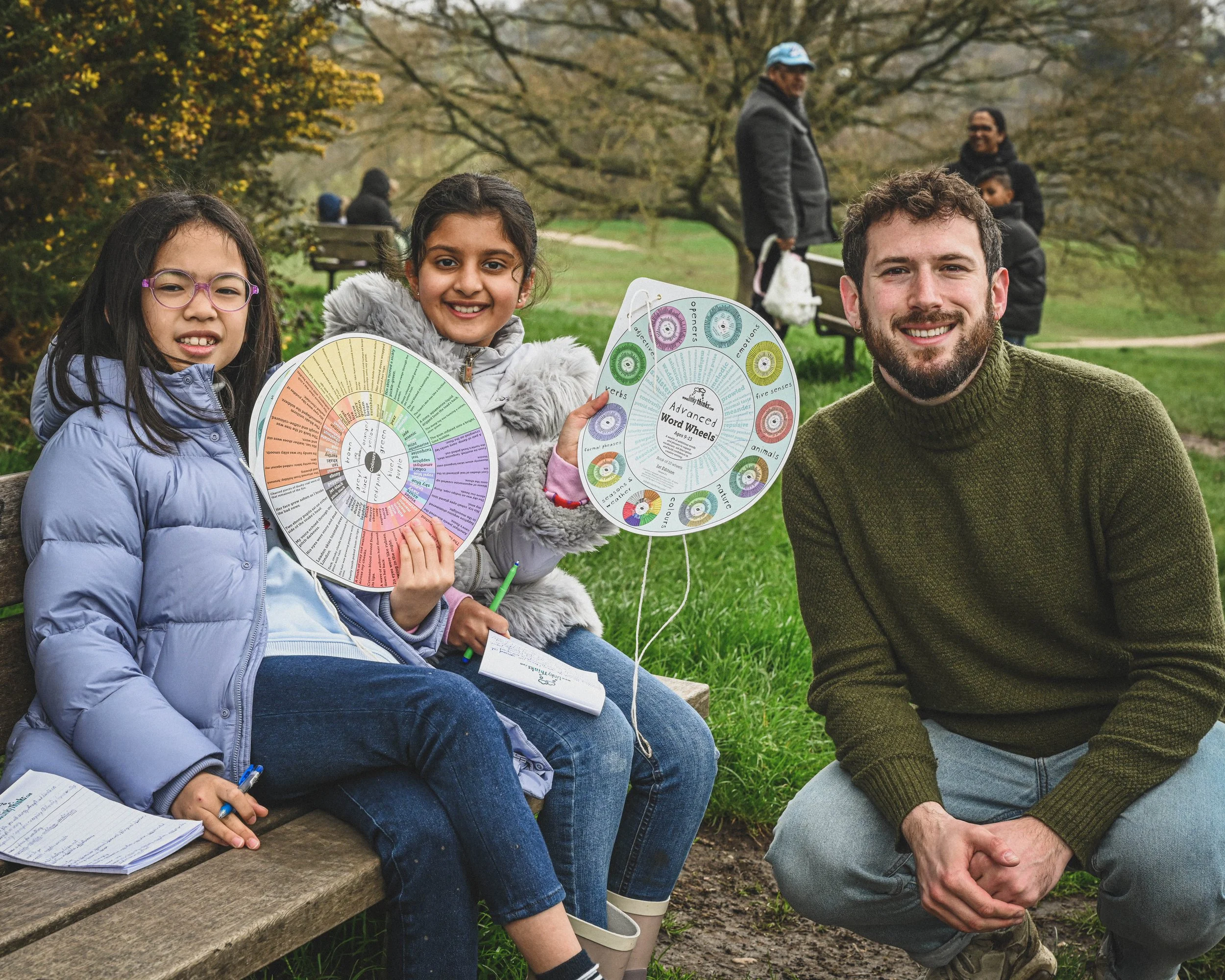The LinkyThinks Blog
Tips, ideas and strategies to help your child at home, at school and beyond.
Join the LinkyThinks Parent Guidance WhatsApp group using this link here 👈
How to slow down the child who rushes
Do you have a child who always seems to be in a hurry? Whether it’s finishing homework, racing through piano practice or rushing around the playground, some children seem to function at full speed all the time. While enthusiasm and energy are wonderful traits, rushing can often mean mistakes, missed details or frustration. Often, children rush because they want to get something over with. You might see it when they immediately put their pen down the second they finish the last sum on the page or when they write that final full stop and call out, “Done!” before really checking their work.
Revision: the myths, debunked
When it comes to studying, advice is everywhere and not all of it is helpful. From well-meaning teachers to exhausted older siblings, there’s no shortage of tips about how to revise. Often, however, these tips are based on outdated habits, not how learning actually works. In this blog, I’m going to break down some common revision myths and offer smarter, more effective alternatives.
No two learners are exactly alike. The key is to find what works for you and build revision strategies that feel manageable.
Should your child be reading ‘Diary of a Wimpy Kid’?
One of the questions I get asked most often by parents is along the lines of, “My child only wants to read Diary of a Wimpy Kid (or Dogman/Dork Diaries/Tom Gates). How do I help them read something more challenging?”
This is a really common concern and it comes from such a good place: wanting your child to stretch their vocabulary, deepen their comprehension and transfer these skills into their writing. But here’s the thing: those seemingly ‘easy’ books absolutely do have a place on your child’s bookshelf (and it’s often a more important place than you might think).
What are 11+ creative writing examiners really looking for?
Creative writing is, by nature, subjective. So how do examiners mark it in an objective way? How can something as personal and imaginative as storytelling be measured with scores and checklists? It’s a challenge that often leaves both parents and children asking: “What exactly are they looking for?” or “What can make my story stand out over someone else’s?”
Building inference skills for comprehension
Inference is something we get asked about this a lot and parents often tell me they’re unsure how to help their child ‘get the hidden meaning’ in a text. They notice that comprehension questions asking for subtle understanding seem to throw them off.
Here’s the thing: inference is everywhere. We’re all making inferences, all the time, on a daily basis. Inference is not just a reading skill, it’s a thinking skill. This means there are loads of things you can do outside of reading to help your child.
How to help your child with creative writing (when you’re not confident with creative writing yourself)
Supporting your child with creative writing can feel intimidating, especially if it’s not something you naturally enjoy yourself or feel you’re good at. There can be doubt over where to start or worry you won’t ‘do it right’.
The truth is, you don’t have to be a great writer to help your child become one.
Some of the most effective ways you can support your child have nothing to do with your own writing skills. It’s about encouragement, exposure to different ideas and building their confidence through practice.
Strategy over speed: Helping your child manage their time
We often praise speed - quick finishers, fast readers, rapid problem solvers - but what if we started focusing on strategy instead? The best thinking isn’t about going faster, but going ‘better’. This starts with helping children develop time management as a skill, rather than a race. Time can feel abstract for many children. Without the right tools, they may rush through tasks, peak halfway or feel overwhelmed before they even begin.
How much help should you give your child with their homework?
Homework is a word that can trigger sighs from children but, more often, from parents. One question we are often asked is: How much should I actually be helping with this?
The answer isn’t black and white. Some parents end up doing most of the homework themselves. Others, determined to promote independence, never get involved at all, assuming their child needs to figure it out themselves. Both extremes can miss the mark.
How to nurture your child’s creativity in the age of AI
In a world where ChatGPT can write poems in seconds and AI can paint portraits, many parents are asking us: Where does that leave human creativity, especially for our children?
Whether your child is in primary school just beginning to explore their imagination or in secondary school navigating more complex creative tasks, the question remains the same: how do we help them develop their unique voice in a world where technology can do so much?
Reading between the lines: Understanding your child’s end-of-year report
The end-of-year school report can feel like a moment of truth, opening it with a mixture of anticipation and anxiety. While these reports can offer valuable insight into your child’s progress, they often need a little decoding. Here’s how to read between the lines and what to do if you’re feeling concerned.
The myth of creative vs logical kids?
Have you ever said something like, “My child’s creative, so they’re not really into maths!”, or “My child’s got a scientific brain, languages just aren’t their thing…”?
If so, you’re not alone. It’s a narrative I hear all the time and one I think we should start challenging.
Building confidence in children: Competence over compliments
We all want our children to feel confident. But there’s a difference between confidence that’s earned and confidence that’s inflated. While well-meaning praise might offer a temporary boost, true self-belief comes from something far more powerful: proven competence.
Upcoming changes to entrance exams
Creativity has always had its place in learning, but it’s becoming a core skill being assessed in students. It’s now a formal part of some Year 7 Entrance Exams and it’s catching parents off guard. Schools are introducing tasks that test imaginative thinking, clear communication and original problem-solving. These new tasks aren’t just about writing stories. They ask children to think on their feet, use language purposefully and respond to unusual prompts in thoughtful, original ways.
Navigating the tricky transition from Key Stage 1 to Key Stage 2
The move from Key Stage 1 to Key Stage 2 can feel like a big jump. Suddenly, children are expected to work more independently, think more critically and manage larger amounts of information. This doesn’t have to be overwhelming.
Here are five practical ways to ease the transition and help your child feel confident as they step into KS2…
How to help a reluctant reader: Six Smart Tips for Parents
Finding it difficult to encourage your child to read? You’re not alone and it’s certainly not a reflection of your efforts. Reading habits are deeply personal. Developing them takes time, flexibility and a little creativity. Here are some practical ways to make the process easier, more enjoyable and far less of a struggle…
Five common myths about building your child’s vocabulary (and what to do instead)
We all want to help our children grow into confident, expressive communicators. But when it comes to vocabulary-building, it’s easy to fall into old traps and tired techniques. Let’s bust a few myths…
















